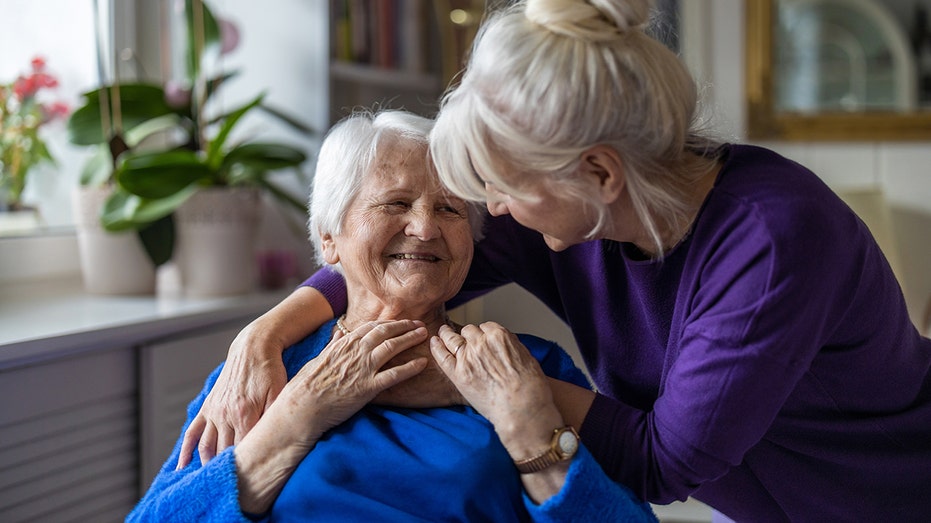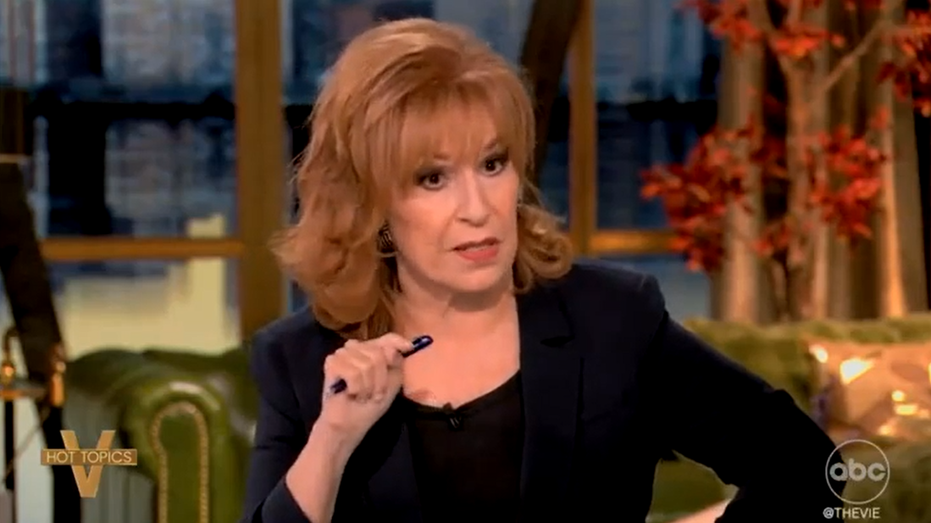- by foxnews
- 01 Jun 2025
Alzheimer's rates have reached staggering number as experts call for change
Alzheimer's early detection is now more accessible with blood tests, as survey data shows nearly 80% of Americans want to know their risk before symptoms appear.

This data comes from the Alzheimer's Association's annual report, titled "Alzheimer's Disease Facts and Figures."
"For a long time, it was like, 'Oh, I wouldn't want to find out.' And so knowing that people can do more now is making a difference in the stigma," said Dr. Elizabeth Edgerly, senior director for Community Programs and Services for the Alzheimer's Association, in an interview with Fox News Digital.
Traditionally, pre-symptom Alzheimer's testing has involved costly, invasive methods like PET scans and spinal taps.
"People struggle to try to figure out: Is that normal aging, or something we should get checked out?"
Another obstacle is that testing can take a very long time. "That process can take months or even years to get to the point where someone has a definitive diagnosis," Edgerly said.
"It's much more common, more affordable, more accessible."
The growing desire for transparency could also be related to the sharp rise in caregiving costs and the labor of caregiving itself.
The national cost of caring for those with Alzheimer's and other dementias is projected to reach $384 billion in 2025 - up $24 billion from just a year ago, according to the Alzheimer's Association.
Nearly 12 million family members and friends provide 19.2 billion hours of unpaid care, valued at an additional $413 billion.
"Anyone who has cared for someone or has close friends who have been affected ... it's hard to not want to change that," said Edgerly, whose own mother suffered from a form of dementia.
While much research is still needed into the disease's progression, Edgerly said people can take steps to potentially reduce their risk.
With over 140 treatment options in the works, Edgerly said Americans may feel more optimistic than ever about the reality of Alzheimer's, even as risk grows amid an aging population.
"We're also seeing that there is a higher recognition of Alzheimer's," the expert noted. "For a long time - and still - many people don't get diagnosed. But those numbers are changing."
"We're trying to get to the place where cancer is today - more openness, support and survivorship."
- by foxnews
- descember 09, 2016
Beach days benefit mental health and well-being as visits provide 'sea therapy'
Discover the benefits of sea therapy as experts highlight how beach visits can boost mental well-being, reduce stress and improve sleep through mindfulness and relaxation.
read more


